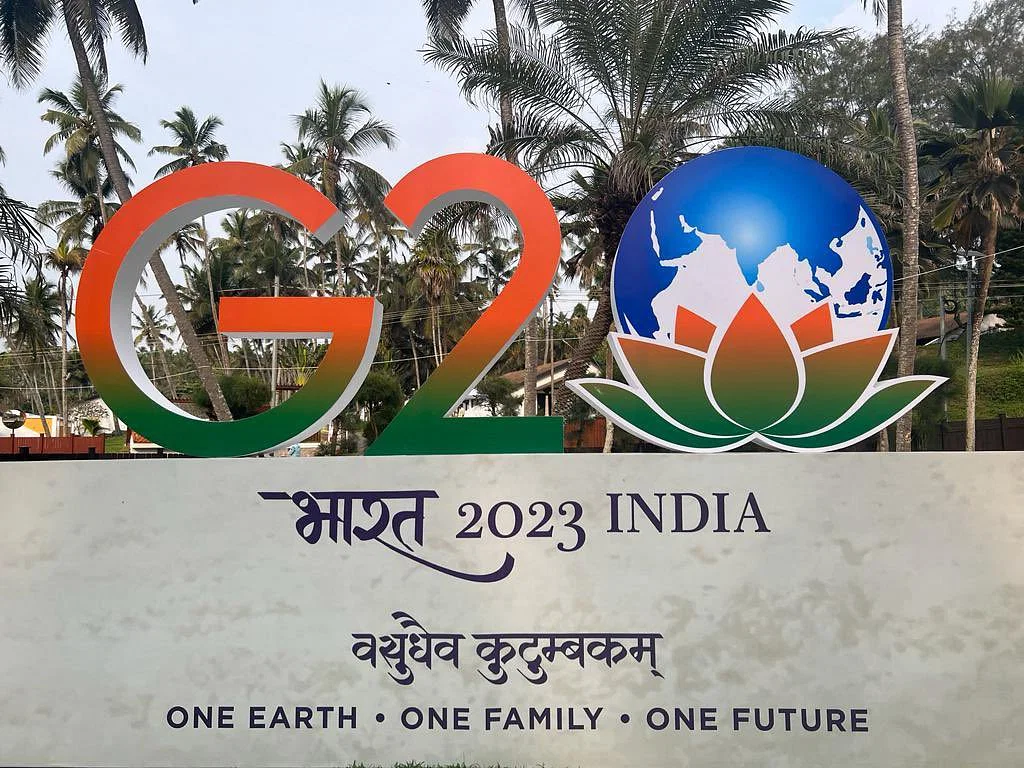As the current presiding nation over the Group of Twenty (G20), India has expressed its support for the Financial Stability Board’s (FSB) July recommendations on a global cryptocurrency framework. India’s backing comes with a strong emphasis on addressing risks associated with digital assets, particularly in developing economies.

India’s Contribution to the Global Crypto Framework
On August 1st, India released a significant presidency note titled “Presidency Note as an Input for a Roadmap on Establishing a Global Framework for Crypto Assets.” This note adds to the ongoing efforts by the FSB, Financial Action Task Force (FATF), and International Monetary Fund (IMF) to shape a comprehensive regulatory framework for cryptocurrencies worldwide.
While aligned with the directives of the IMF and FSB, India also adds its unique perspective, stressing the importance of considering the concerns and challenges faced by developing nations in the realm of crypto-assets.
Addressing the Concerns of Developing Nations
One of the key aspects highlighted in India’s note is the need for the FSB to specifically address the issues faced by developing economies in their crypto guidelines. While the IMF already takes these concerns into account, India believes it’s crucial for the FSB to do the same.
India’s note advocates for an inclusive approach, urging outreach to all jurisdictions, with a particular focus on countries with high cryptocurrency adoption rates. The aim is to extend regulations beyond the G20’s scope and encompass the broader digital economy.
Synthesis Paper by the IMF and FSB
According to the presidency note, there is an upcoming Synthesis Paper jointly authored by the IMF and FSB, expected to be released by the end of August. This paper will serve as a critical reference point in the G20’s discussions on establishing a roadmap for the global crypto framework.
FSB’s Comprehensive Guidelines
In July, the FSB had already issued comprehensive guidelines for cryptocurrencies and stablecoins. These guidelines emphasize the need for a clear separation between client assets and platform funds, along with setting standards for operational functions, cross-border cooperation, and oversight.
Notably, stablecoin issuers are required to obtain a national license before commencing operations, as per the FSB’s recommendations.
India’s Leadership in Global Crypto Regulation
As the current chair of the G20, India’s proactive involvement in shaping a global crypto framework demonstrates the nation’s commitment to addressing the challenges and risks associated with digital assets. By advocating for the concerns of developing economies, India seeks to ensure that the regulations are inclusive and considerate of various economic contexts.
The forthcoming Synthesis Paper by the IMF and FSB will likely provide valuable insights into the evolving landscape of cryptocurrencies and help guide the discussions among G20 nations. As the world grapples with the complexities of the digital economy, India’s leadership and collaboration with international organizations reinforce the importance of establishing a robust and harmonized regulatory environment for the crypto industry.

